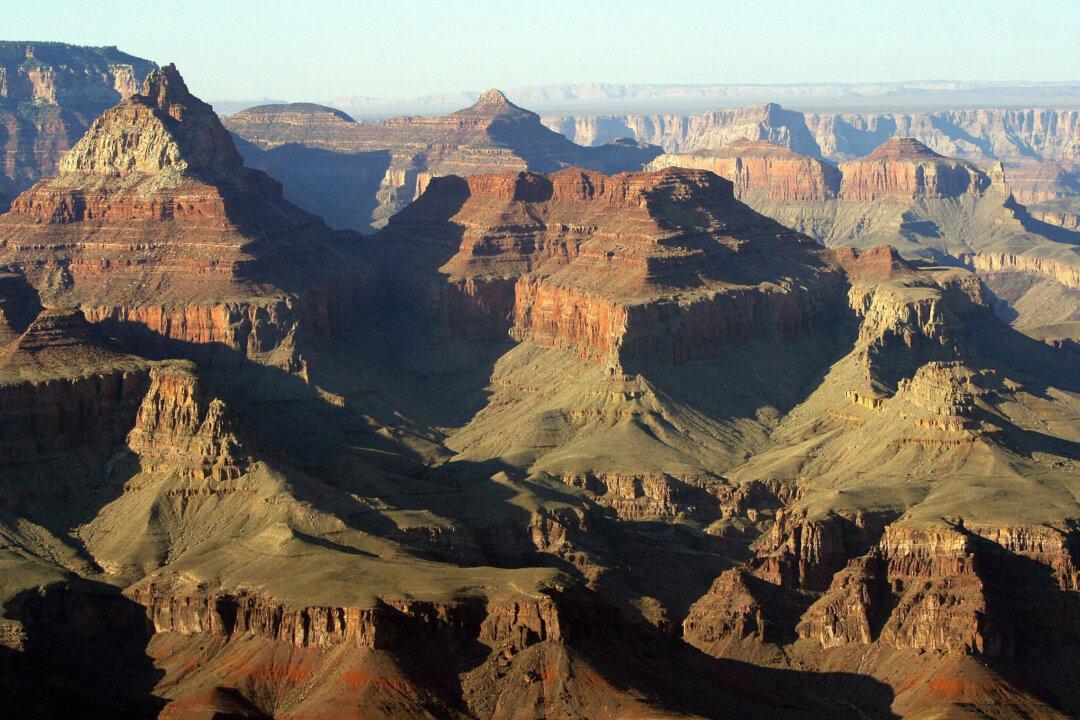Grand Canyon National Park announced on April 1 it would remain closed indefinitely due to the CCP virus pandemic, as COVID-19 cases across the United States rose to at least 215,000 Wednesday.
The National Park Service’s (NPS) decision to close the Grand Canyon National Park “until further notice” follows mounting pressure from members of Congress and local officials over public health concerns.





